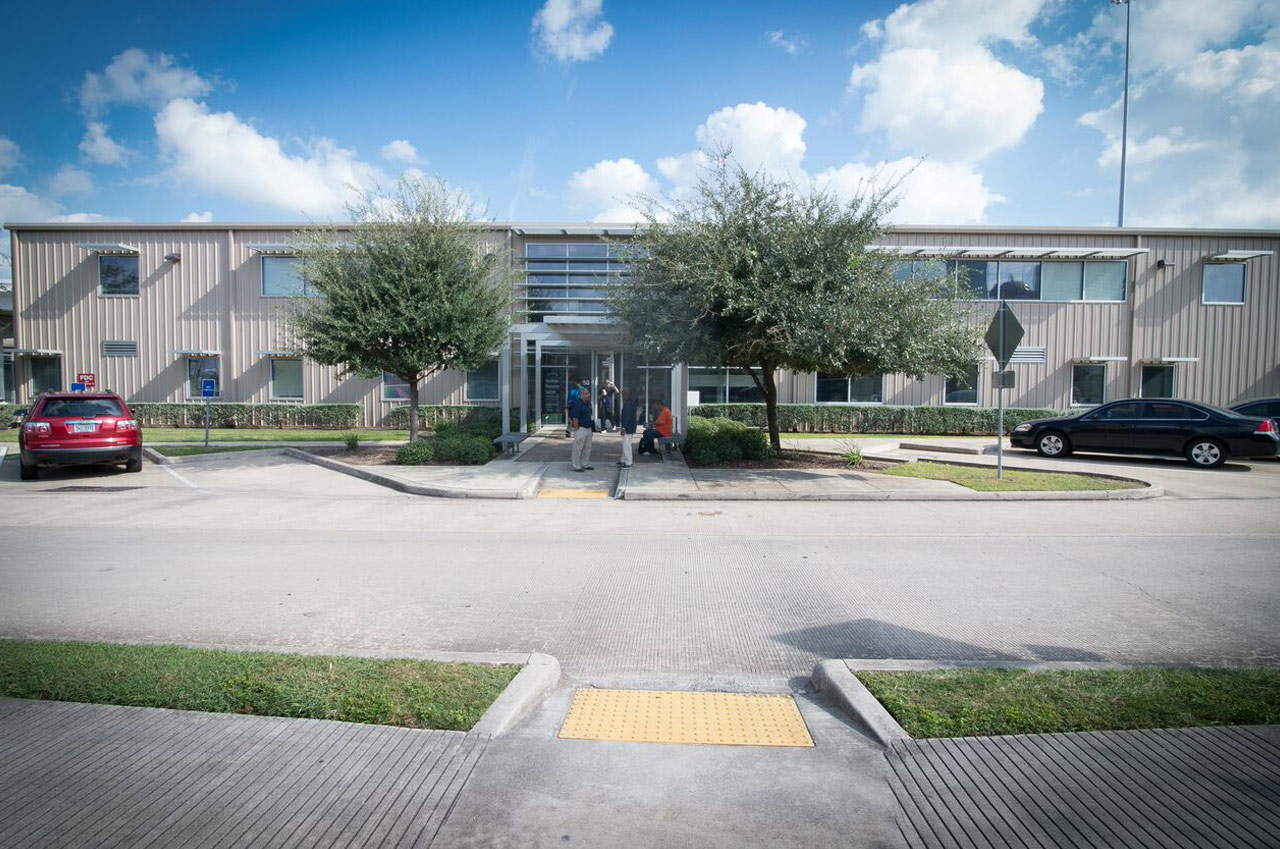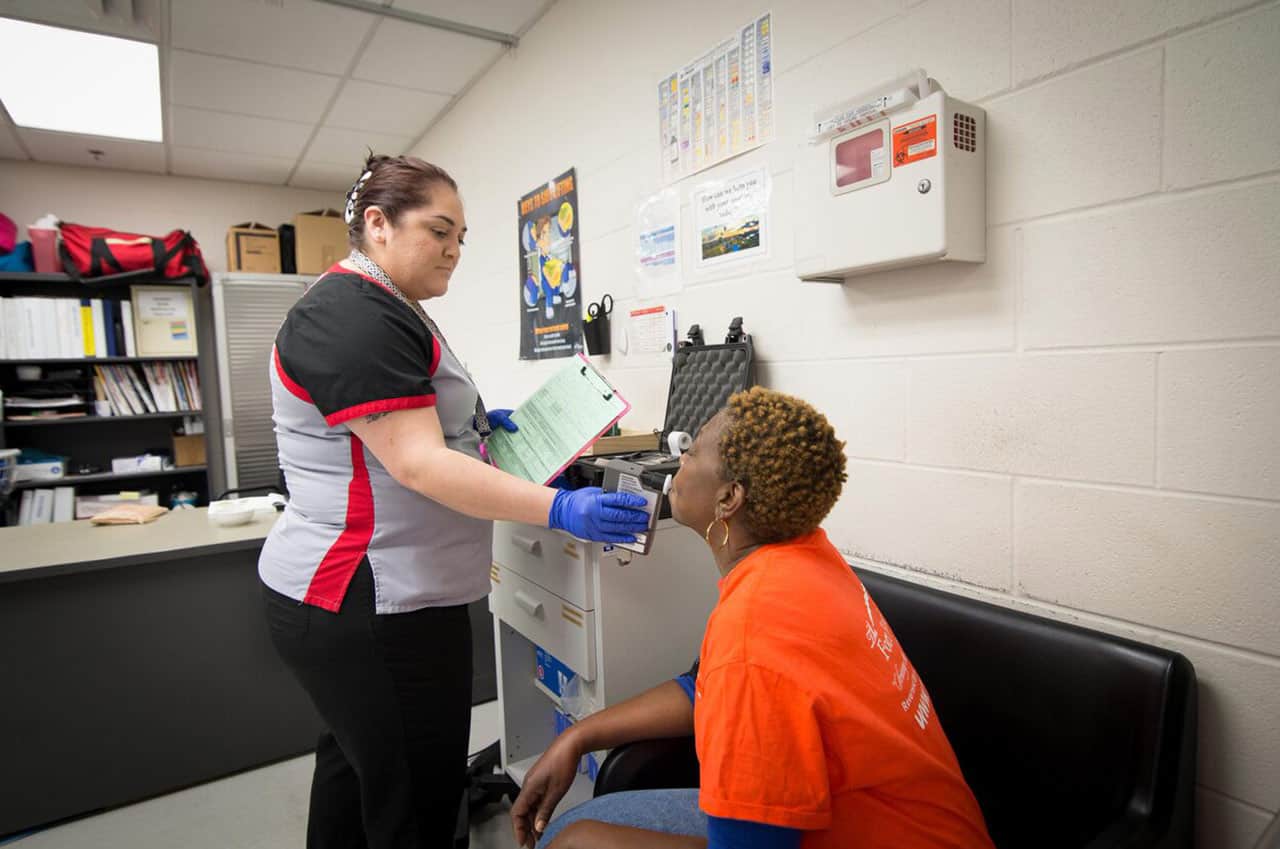HRC's Recovery Philosophy
A Center Dedicated to Client RecoveryHRC’s Recovery Philosophy
More than a place to get sober, Houston Recovery Center is a center dedicated to client recovery. Not all problematic substance use is a substance use disorder. Yet, when a substance use disorder is present, we view it as a chronic condition that can be managed over time.
Our philosophy and service system are built on a recovery management framework defined by William White, The White Papers. Recovery Management provides pre-recovery identification and engagement, recovery initiation and stabilization, long-term recovery maintenance, and quality of life enhancement for the individual.
Acute care (AC) models of addiction treatment encompass service interventions that intervene at a late stage of problem development via services focused on brief biopsychosocial stabilization that lack sustained support across the stages of long-term personal and family recovery.
Recovery management (RM) is a philosophical framework for organizing addiction treatment services to provide pre-recovery identification and engagement, recovery initiation and stabilization, long-term recovery maintenance, and quality-of-life enhancement for individuals and families affected by severe substance use disorders.
This approach spans time in the recovery process by proactively engaging the person before they are thinking of making a change and supporting them over time in the community after their substance use is stabilized.
Our staff are trained in evidence-based practices that are culturally sensitive and adapt to the client’s lived experiences.
Our program design is person-centered, delivering a client defined recovery care plan that is designed with their recovery team. This plan is based on client strengths, goals, and a timeline for improving life.
Recovery is not always defined by abstinence-based outcomes. Some clients opt to improve their lives with peer support in a safe living environment, receiving healthcare or social services to meet their most critical needs. As their health and life issues are addressed, substance use frequency naturally declines, improving quality of life and community welfare. We categorize this approach as a reduced-use recovery strategy.

